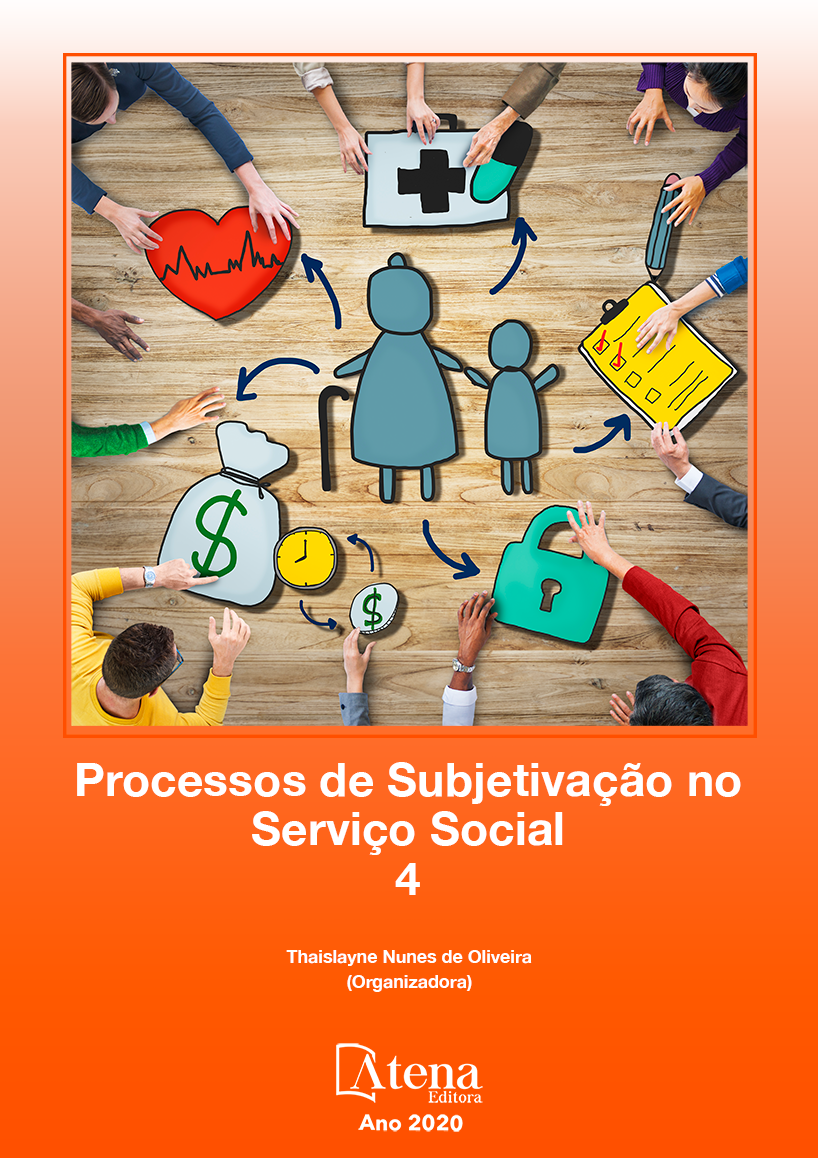
A MEDIDA SOCIOEDUCATIVA DE INTERNAÇÃO E AS FACÇÕES DO TRÁFICO DE DROGAS NO ESTADO DE SANTA CATARINA
Como parte do processo de vivência do Estágio Curricular Obrigatório em Serviço Social, realizado entre os anos de 2017 à 2019 no Centro de Atendimento Socioeducativo (CASE) Grande Florianópolis, o estudo apresentado em forma de resumo expandido, pretende aprofundar a compreensão acerca dos processos que circundam a execução da medida socioeducativa de internação, bem como de que forma as relações existentes entre o tráfico de drogas e a inserção dos adolescentes nas diferentes facções criminosas atuantes no Estado de Santa Catarina se exprimem no âmbito institucional. Através da realização da pesquisa, de caráter exploratório e abordagem qualitativa, buscou-se, por meio da perspectiva dos diferentes sujeitos que a englobam — adolescentes autores de ato infracional, equipe técnica e agentes de segurança socioeducativa —, responder ao questionamento que suscitou todo o trabalho produzido: de que forma a dinâmica interna do CASE vem sendo alterada pelo domínio e fortalecimento das facções do tráfico de drogas no ambiente institucional. Concluímos que, sem considerar os parâmetros pedagógicos inerentes ao trabalho socioeducativo, o CASE Grande Florianópolis deixou-se dominar pelos regramentos das facções do tráfico de drogas, tendo sua dinâmica alterada pela presença desses grupos e comandos no ambiente institucional nas mais diversas atividades que incluem desde a separação dos adolescentes conforme a facção a que pertencem até as atividades rotineiras, como, por exemplo, a escolarização. Concluímos que, sem considerar os parâmetros pedagógicos inerentes ao trabalho socioeducativo, o Centro de Atendimento Socioeducativo da Grande Florianópolis deixou-se dominar pelos regramentos das facções do tráfico de drogas, tendo sua dinâmica alterada pela presença desses grupos e comandos no ambiente institucional nas mais diversas atividades que incluem desde a separação dos adolescentes conforme a facção a que pertencem até as atividades rotineiras, como, por exemplo, a escolarização. Nesse sentido, concluímos ainda que a instituição, pautada num discurso protetivo, tem respeitado e fortalecido a cultura de violência disseminada por esses grupos, sem traçar alternativas que busquem a mudança dessa realidade.
A MEDIDA SOCIOEDUCATIVA DE INTERNAÇÃO E AS FACÇÕES DO TRÁFICO DE DROGAS NO ESTADO DE SANTA CATARINA
-
DOI: 10.22533/at.ed.3402029073
-
Palavras-chave: Adolescente autor de Ato Infracional. Dinâmica Institucional. Facções do Tráfico de Drogas.
-
Keywords: Teenage authors of Infractional Act. Institutional Dynamic. Drug Trafficking Factions
-
Abstract:
As part of the process of my Mandatory Curricular Internship in Social Work, completed between the year of 2017 to 2019 at the Socio-Educational Service Center (CASE), located around the city of Florianópolis, the study aims deepen the understanding regarding the execution of socio-educational measures of internment, as well as the correlation between drug trafficking and the insertion of adolescents in different criminal factions actives in the State of Santa Catarina are expressed within the institutional framework. With an exploratory research and a qualitative approach, was sought to answer through the perspective of the distinct individuals that it encompasses — adolescents who committed an infractional act, technical staff and socio-educational security agents — the question that led all the work produced: How CASE’s dynamic has been changed in the institutional environment by the dominance and strengthening of drug trafficking factions. In conclusion, without considering the pedagogic baseline inherent in socio-educational work, the CASE located around Florianópolis let itself get dominated by drug trafficking factions’ rules. Once having its dynamic altered by the presence of these groups and commands in the environment at the most diverse activities like separating adolescents according to the faction they belong, for an example, their education. Therefore, we realize that the institution, that embrace a protective principle, has been respecting and reinforcing a violent culture that is spread by these groups, without planning alternatives of change for this reality.
-
Número de páginas: 9
- Alice Mendes Rodrigues da Silva


